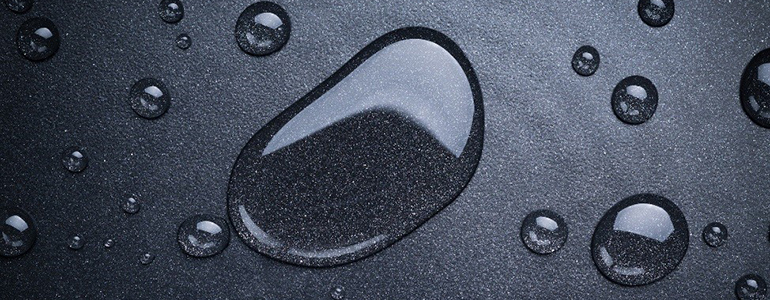Protective Coatings and Films on Metals

23 Jul 2019
Ensuring Performance in Products from Bridges to Engines
Protective coatings and films on metals serve as barriers between the environment and the underlying substance, preventing the metal from corrosion and abrasion. It is essential to use a coating that will corrode before the underlying metal does, thus keeping the metal as protected as possible. These coatings may be barrier coatings—interfering with corroding elements and isolating them from the metal surface—or galvanizing coatings—which corrode preferentially to the underlying substance, keeping protected if the coating is nearby.
Abrasion-resistant coatings have a harder surface than the underlying metal, and include sprays, overlays, platings, and tribofilms/lubricants, which are formulated to reduce interfacial friction and intended for interacting with surfaces in motion. Tribofilms and lubricants reduce friction, remove sludge, and inhibit corrosion by reducing wear in instances where high localized pressure may be present. Whether on small-scale items, like bearings or full-scale products like engines, it is important to optimize lubricants to ensure performance and protection.
High-temperature protection coatings, or thermal barriers, insulate the barrier between the surface and the environment, creating a protective shield against erosion and corrosion. This physical isolation is important because a small change in temperature can result in dramatic changes to material deterioration.
To ensure the performance of protective coatings, they must be assessed for a variety of characteristics, which may vary based on the coating type. This may include:
- Thickness identification
- Elemental composition determination
- Polymer coatings identification
- Silicone presence/absence confirmation
- Fracture mechanism determination
- Understanding film chemistry, thickness and hardness
- Chemical compositions/variations correlation
Evaluations can use a combination of scientific approaches, including: metallurgy, chemical analysis, material assessment, process evaluations, and other testing and evaluation. From bridges to engines, keeping metals protected is a critical step in product design. Learn more about protective coating analysis, including case studies, in our complimentary webinar recording.

Stephen French,
Senior Failure Analyst/Engineer,
Intertek Chemicals & Materials, Allentown
Stephen French is the Senior Failure Analyst/Engineer for Intertek Chemicals & Materials in Allentown, Pennsylvania. He is a licensed professional engineer with 30 years of experience in metallurgy and failure analysis of metals and has a broad range of experience in material condition assessment, project management, inspection and testing, test plan development for failure analysis, and root cause analysis.